
Notse: A Hidden Gem in Togo
Nestled in the heart of Togo, Notse is a city rich in history and culture. Known as the birthplace of the Ewe people, Notse offers a unique blend of traditional and modern experiences. The city's historical significance is palpable as you wander through its streets, where ancient stories are told through vibrant murals and monuments. One of the main attractions in Notse is the ancient wall, built to protect the city from invaders. This wall stands as a testament to the city's resilience and strategic importance in the region. History enthusiasts will find themselves captivated by the tales of old that echo through the narrow alleys and open squares. Notse is also a hub for local crafts and markets. Visitors can explore the bustling marketplaces, where artisans sell colorful textiles, intricate beadwork, and handcrafted pottery. These markets are not only a place to buy souvenirs but also a chance to engage with the local community and learn about their way of life. Nature lovers will appreciate the scenic landscapes surrounding Notse. The lush greenery and rolling hills provide a serene backdrop for hiking, bird-watching, and photography. The nearby Mono River offers opportunities for boating and fishing, making it a perfect spot for a day trip or a relaxing afternoon. Foodies will delight in the local cuisine, which features a variety of traditional dishes made from fresh, locally-sourced ingredients. From mouth-watering stews to delicious street food, the culinary scene in Notse is sure to satisfy any palate.
Local tips in Notse
- Visit the ancient city wall early in the morning to avoid the crowds and enjoy a peaceful walk.
- Bring cash, as many local markets and vendors do not accept credit cards.
- Try the local dish 'fufu' with spicy peanut soup for an authentic culinary experience.
- Hire a local guide to gain deeper insights into the history and culture of Notse.
- Wear comfortable walking shoes, as exploring the city involves a lot of walking on uneven terrain.
Notse: A Hidden Gem in Togo
Nestled in the heart of Togo, Notse is a city rich in history and culture. Known as the birthplace of the Ewe people, Notse offers a unique blend of traditional and modern experiences. The city's historical significance is palpable as you wander through its streets, where ancient stories are told through vibrant murals and monuments. One of the main attractions in Notse is the ancient wall, built to protect the city from invaders. This wall stands as a testament to the city's resilience and strategic importance in the region. History enthusiasts will find themselves captivated by the tales of old that echo through the narrow alleys and open squares. Notse is also a hub for local crafts and markets. Visitors can explore the bustling marketplaces, where artisans sell colorful textiles, intricate beadwork, and handcrafted pottery. These markets are not only a place to buy souvenirs but also a chance to engage with the local community and learn about their way of life. Nature lovers will appreciate the scenic landscapes surrounding Notse. The lush greenery and rolling hills provide a serene backdrop for hiking, bird-watching, and photography. The nearby Mono River offers opportunities for boating and fishing, making it a perfect spot for a day trip or a relaxing afternoon. Foodies will delight in the local cuisine, which features a variety of traditional dishes made from fresh, locally-sourced ingredients. From mouth-watering stews to delicious street food, the culinary scene in Notse is sure to satisfy any palate.
When is the best time to go to Notse?
Iconic landmarks you can’t miss
Monument de l'independance
Discover the Monument de l'Indépendance in Lomé, Togo, a landmark celebrating the nation's rich history and cultural heritage.
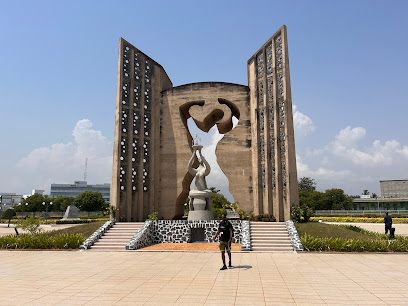
Musee National
Explore Togo's rich cultural heritage at Musee National in Lomé, showcasing art, history, and the vibrant traditions of the Togolese people.
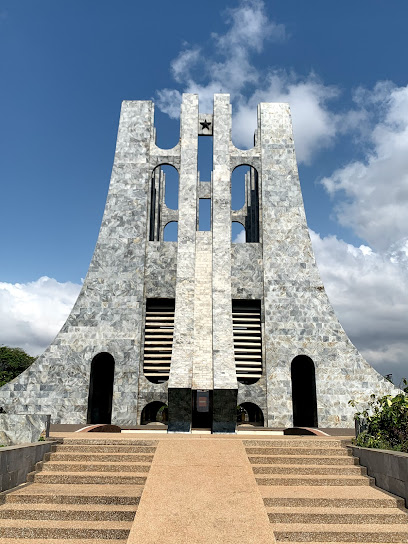
Fauna Cultura
Explore the captivating wildlife and lush landscapes of Fauna Cultura, a premier zoo in Lomé, Togo, perfect for families and nature lovers.
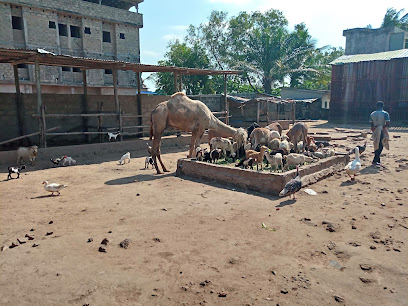
Cascade de Kpimé
Experience the breathtaking beauty of Cascade de Kpimé, Togo's premier waterfall and a haven for nature lovers and adventurers.
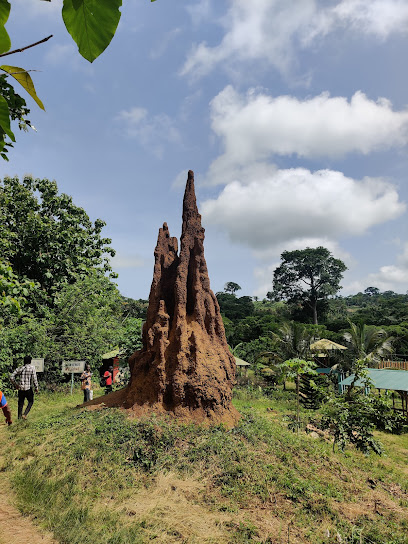
Chateau Viale
Explore the captivating history and culture at Chateau Viale in Agomé Yo, a must-visit museum for every traveler in Togo.
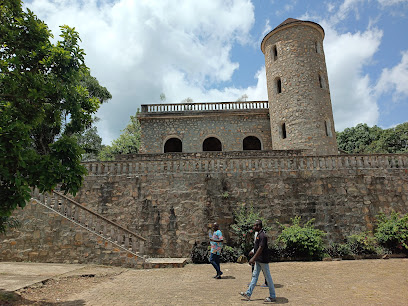
Parc Sarakawa
Experience the vibrant wildlife and lush landscapes of Parc Sarakawa, a captivating zoo in Sara Kawa, Togo, perfect for families and animal lovers.
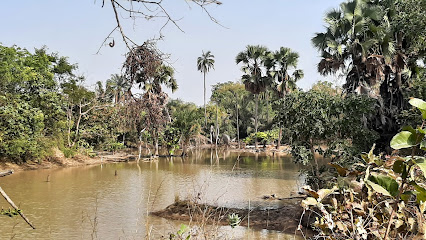
Monument au mort Kpalimé
Explore the Monument au Mort in Kpalimé, a symbolic tribute to freedom and resilience, set in the heart of Togo's vibrant history.
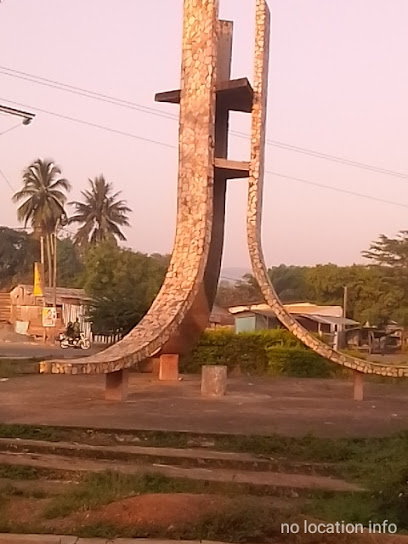
Notsé
Discover the spiritual beauty of Notsé, home to a stunning mosque that embodies Togo's rich cultural heritage and architectural elegance.
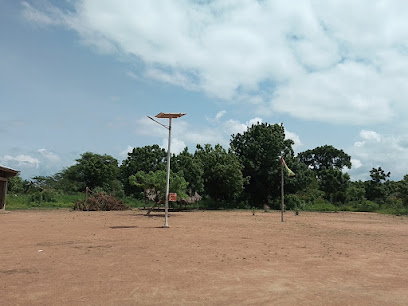
Togo Notsé
Explore Togo Notsé: A Cultural Hub of Education in the Heart of Notsé, Togo, Where Tradition Meets Learning.
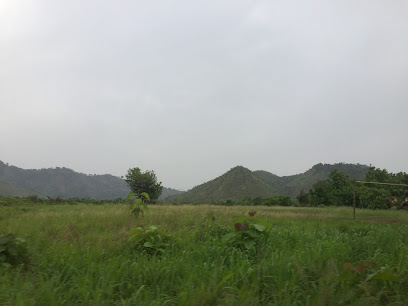
Monuments de DANYI APEYEME
Discover the serene beauty and cultural heritage at Monuments de Danyi Apeyeme, a tranquil garden in the heart of Togo.

Unmissable attractions to see
Oniru Private Beach
Discover the vibrant lifestyle of Lagos at Oniru Private Beach — a perfect blend of relaxation, adventure, and nightlife.
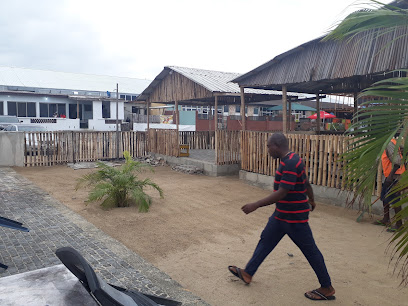
Johnson Jakande Tinubu (JJT) Park
Discover the serene beauty of Johnson Jakande Tinubu Park, a lush urban oasis in Ikeja, Nigeria, perfect for relaxation and cultural experiences.
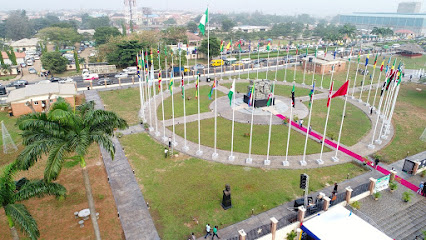
Dugbe market
Discover the vibrant atmosphere and local flavors at Dugbe Market, Ibadan's bustling marketplace filled with culture and commerce.
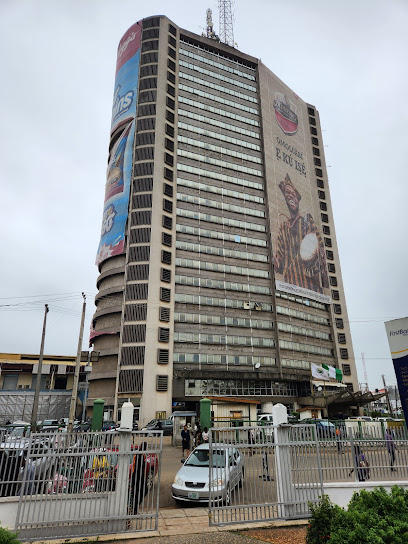
Rattray Park
Discover the beauty of nature at Rattray Park, a serene recreational center in Kumasi, Ghana, perfect for relaxation, family fun, and community events.
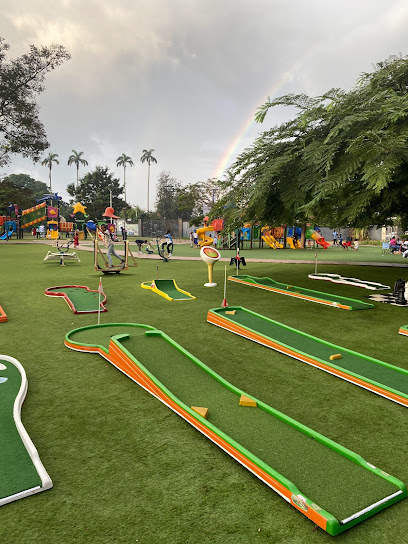
Oba Palace
Experience the rich heritage of the Edo people at the majestic Oba Palace in Benin City, a cultural landmark that embodies history and artistry.
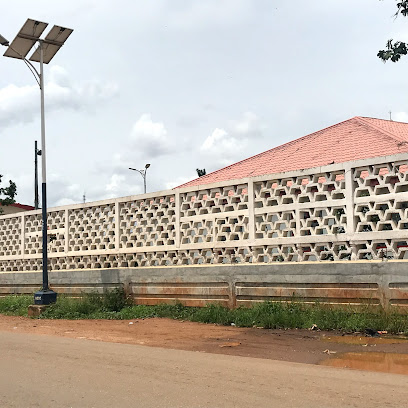
Musee National
Explore the cultural heart of Togo at Musee National in Lomé, where history and heritage come alive through art and artifacts.
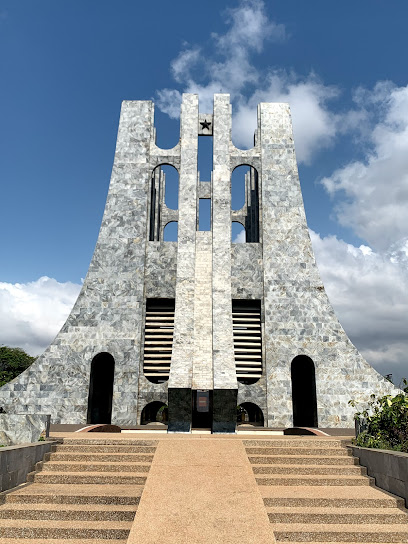
Okigwe Park
Experience the natural beauty and tranquility of Okigwe Park, a perfect retreat for relaxation and outdoor activities in Nigeria.
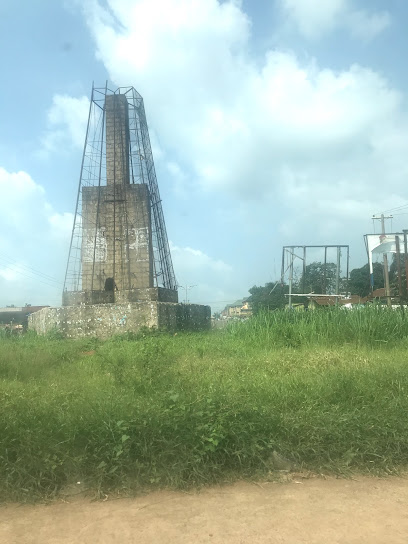
Filmhouse Cinemas, Oniru
Experience cinematic magic at Filmhouse Cinemas in Lekki, where every film is an adventure and comfort meets entertainment.
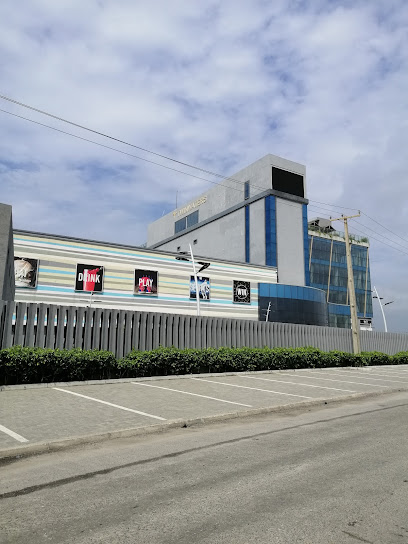
Old Oyingbo Market Ijebu Ode
Explore the vibrant Old Oyingbo Market in Ijebu Ode for a rich cultural experience filled with local crafts, fresh produce, and authentic Nigerian street food.
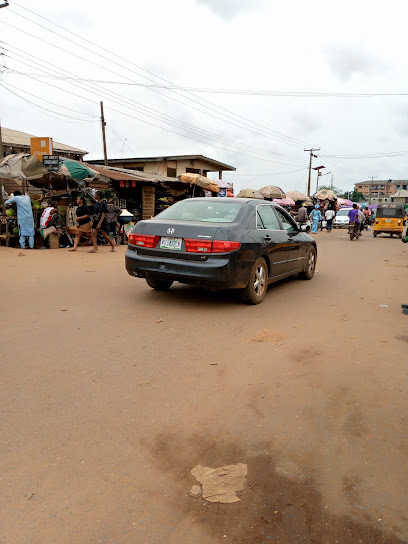
Ayi Mensah Hiking Trail | TortoisePath.com
Explore the breathtaking Ayi Mensah Hiking Trail in Accra, Ghana – a nature lover's paradise filled with stunning views and rich biodiversity.
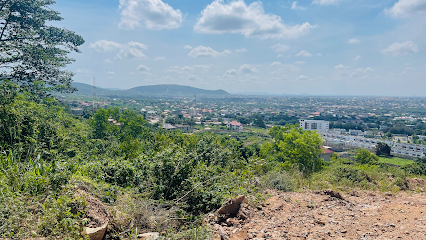
Sango Market Ibadan
Explore the bustling Sango Market in Ibadan for an authentic taste of Nigerian culture, cuisine, and vibrant local commerce.
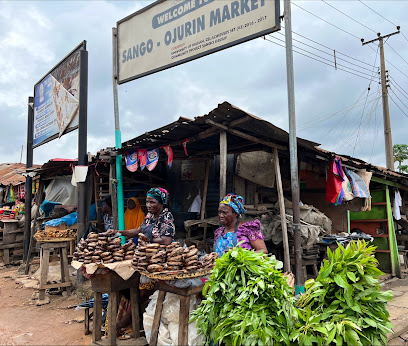
Cross River National Park Oban Sector
Explore the breathtaking biodiversity and serene landscapes of Cross River National Park Oban Sector, a wildlife haven in Nigeria's lush rainforests.
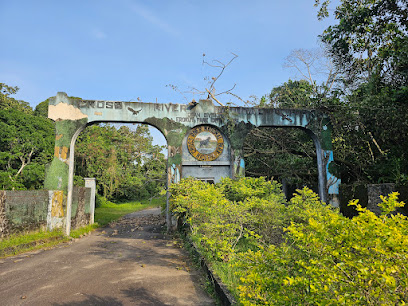
VISITE-TOGO
Explore the vibrant culture and stunning landscapes of Lomé at VISITE-TOGO, a premier tourist attraction in Togo.
Essential places to dine
UFFED
Discover authentic Togolese cuisine at UFFED in Kunming – where delicious flavors meet warm hospitality.
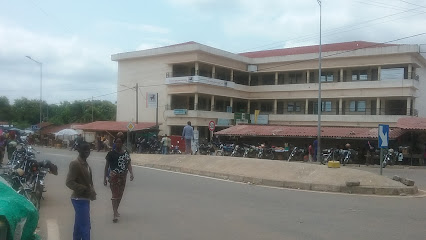
Bar Le REZO
Experience vibrant nightlife at Bar Le REZO in Notse, where locals gather for drinks, music, and unforgettable memories.
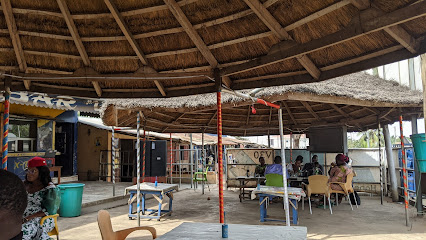
Bar restaurant Go Slow
Discover authentic Togolese cuisine at Bar Restaurant Go Slow in Atakpamé – where every meal is a celebration of flavor.
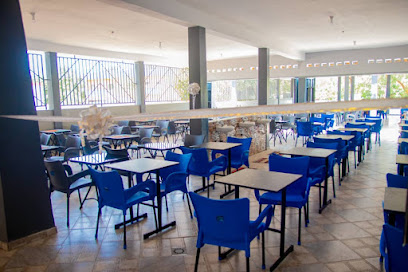
Maranatha Commissariat
Discover authentic Togolese cuisine at Maranatha Commissariat in Notse – a delightful spot for tourists seeking local flavors.
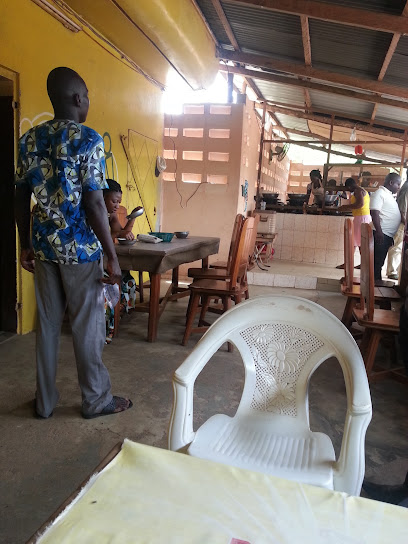
Porc au Four Chez Noël
Experience the rich flavors of tonkatsu at Porc au Four Chez Noël in Atakpame – where every bite tells a story of culinary excellence.
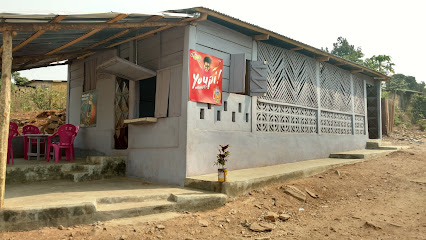
Peace Palace
Experience relaxation at the Peace Palace in Notse - your go-to bar for delightful drinks and vibrant conversations.
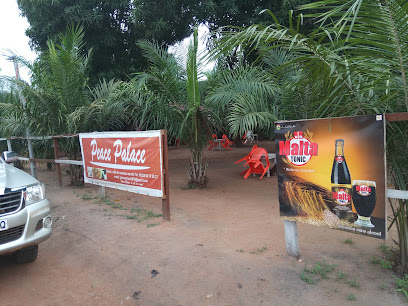
DEGUETERIE, BAR RESTAURANT ILENA
Discover authentic Togolese flavors at Degueterie, Bar Restaurant Ilena - where every meal is a celebration of local culinary traditions.
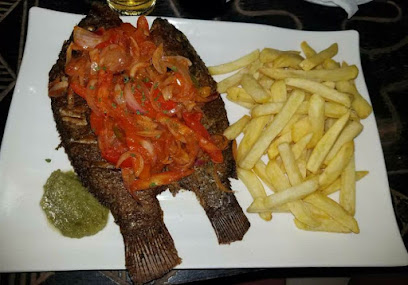
IVAN'S TERRASSE
Discover IVAN'S TERRASSE: A lively bar in Notsé offering refreshing drinks and vibrant local culture for an unforgettable experience.
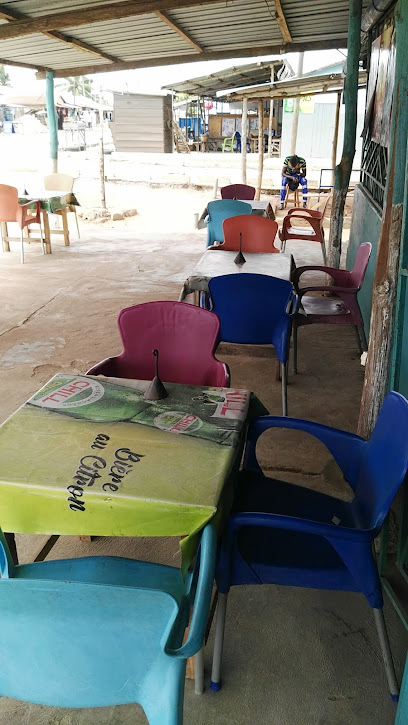
Restaurant bar solidaire Reyma
Experience authentic Togolese cuisine at Restaurant Bar Solidaire Reyma in Agbélouvé—where community spirit meets culinary tradition.
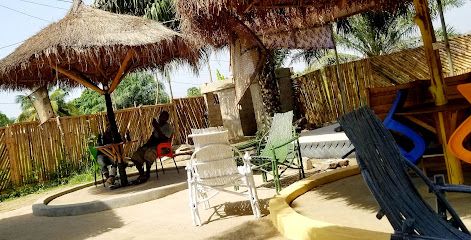
Right Eats
Experience the authentic tastes of Togo at Right Eats in Lomé, where every dish tells a story of rich culinary heritage.
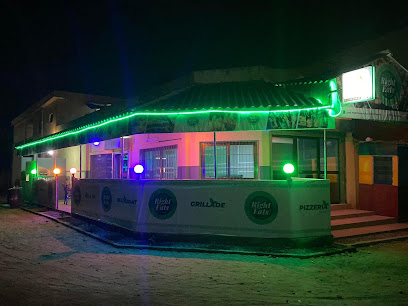
Gamé séva
Discover the culinary delights of Gamé Séva in N1 – where local flavors meet global inspirations in a warm and welcoming setting.
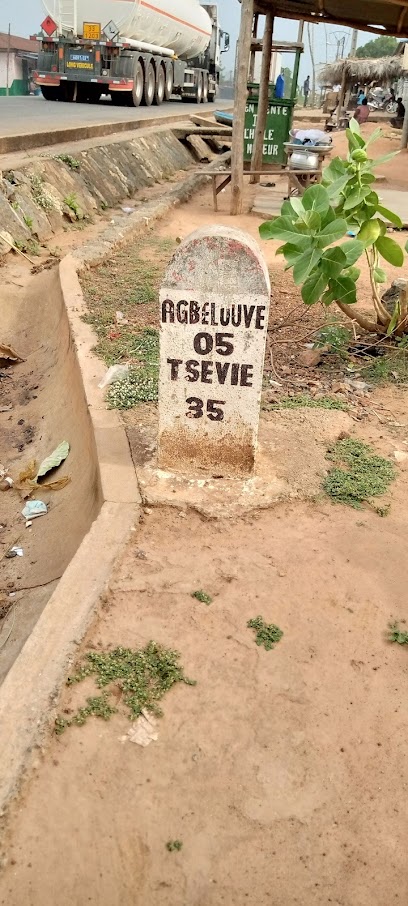
Notsemonou chez DA MAWULI
Discover authentic Togolese flavors at Notsemonou chez DA MAWULI in Gadjagan - a culinary experience that embodies local culture.
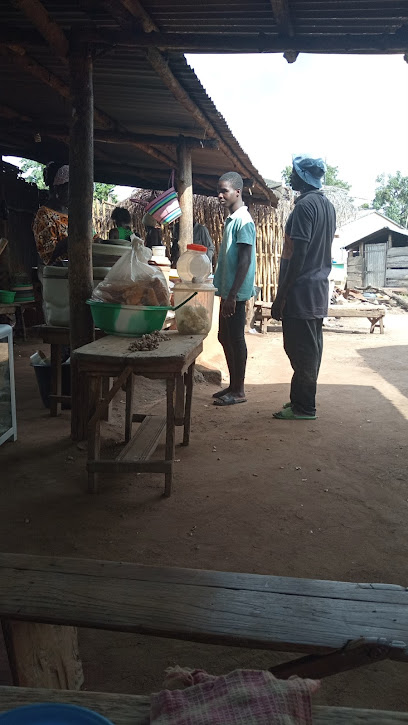
Restaurant Glory Chez Deborah
Experience authentic Togolese cuisine at Restaurant Glory Chez Deborah in Kpalimé - where every meal tells a story.
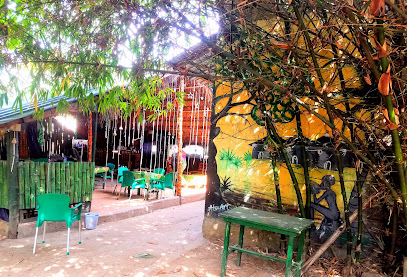
Restaurant Maman Adénon
Experience authentic Togolese cuisine at Restaurant Maman Adénon in Kati - where every meal tells a story.

Resto Glory de Kpalimé
Experience authentic Togolese flavors at Resto Glory de Kpalimé - a culinary treasure in the heart of Kpalimé.
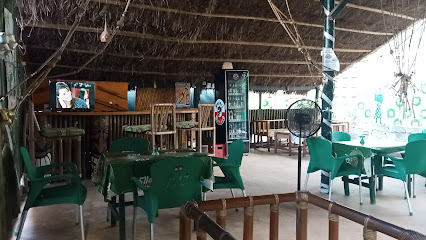
Markets, malls and hidden boutiques
Espace 15
Explore Espace 15 in Notse for an authentic shopping experience filled with local flavors and products that showcase Togolese culture.
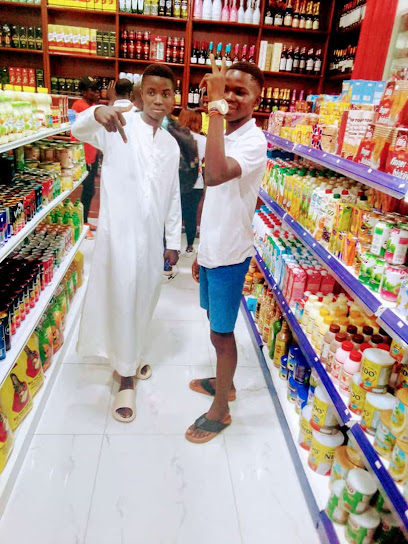
Moov Store Notsè
Moov Store Notsè - Discover the heart of Togolese shopping with a vibrant mix of local and international products in Notse.
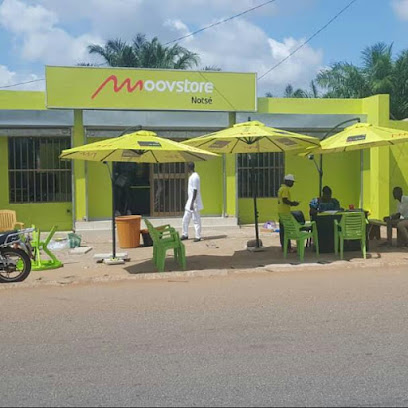
MARCHE AUX FRUITS DE NOTSE, BARRIERE
Explore the colorful Marche Aux Fruits de Notse, where vibrant local produce and authentic Togolese culture come together in a delightful shopping experience.
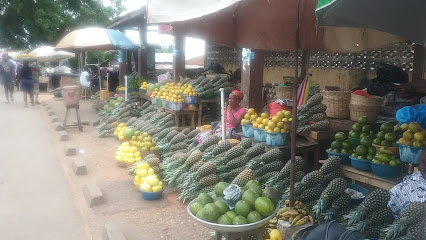
The Korner Shop lomé
Explore the vibrant artistry of Togo at The Korner Shop in Lomé, where unique handicrafts and gifts await every traveler.
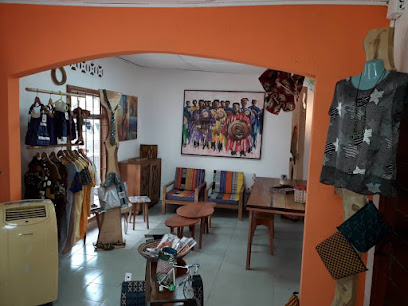
togoshop
Explore Togoshop in Lomé for a unique blend of local craftsmanship and trendy fashion items, from handbags to clothing and electronics.

Dopé shop
Discover the vibrant Dopé Shop in Tsévié, a lively produce market showcasing fresh local produce and the rich flavors of Togolese culture.
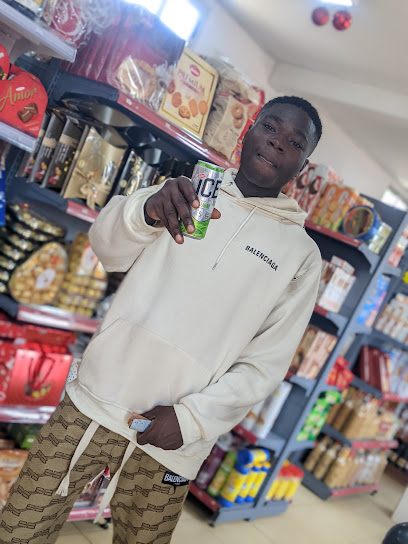
IC WORLD AUTO TOGO
Discover quality auto parts and immerse yourself in Togo's vibrant automotive culture at IC World Auto Togo.
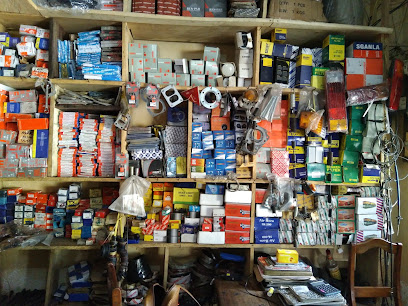
Boutique TOGO SOUVENIRS
Explore Boutique Togo Souvenirs for authentic Togolese crafts and unique gift baskets, perfect for capturing the essence of Togo.
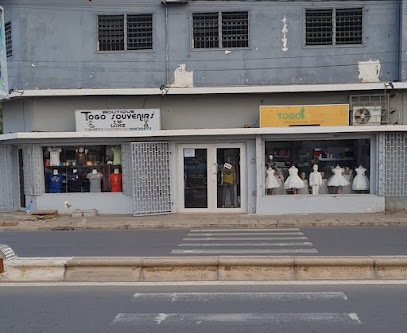
Grand Marché de Notsè
Explore the Grand Marché de Notsè, a lively market in Notse, Togo, showcasing local produce, crafts, and the vibrant culture of the region.

Centrale Zorobabel
Explore the vibrant Centrale Zorobabel in Notse, Togo, where shopping meets culture, offering a delightful mix of local and international experiences.

Boutique ONE MAN NO CHOP
Explore the vibrant culture and unique treasures at Boutique ONE MAN NO CHOP in Kouvé, a must-visit shopping destination for every traveler.

Ets Centre du Destin
Discover the vibrant shopping scene at Ets Centre du Destin, where local culture meets modern retail in the heart of Notsé, Togo.
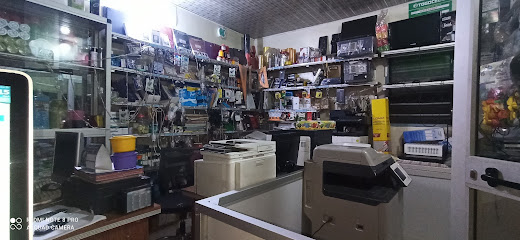
Nûnânâ, Gifts from Togo
Discover authentic Togolese gifts at Nûnânâ in Lomé, where local craftsmanship meets vibrant culture.
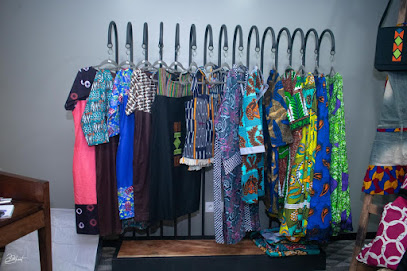
Pharmacie La Vie
Discover Pharmacie La Vie in Notsé, Togo, for all your health needs while traveling. Quality care and local expertise await you.
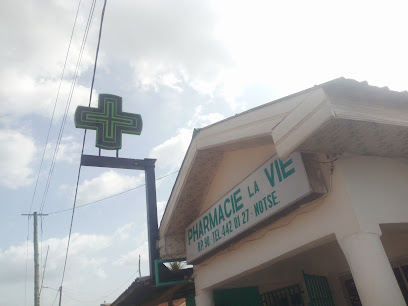
Charcuterie moderne chez les deux amis
Explore the authentic flavors of Togo at Charcuterie Moderne chez les Deux Amis, a delightful butcher shop in Naolo offering artisanal meats and local delicacies.
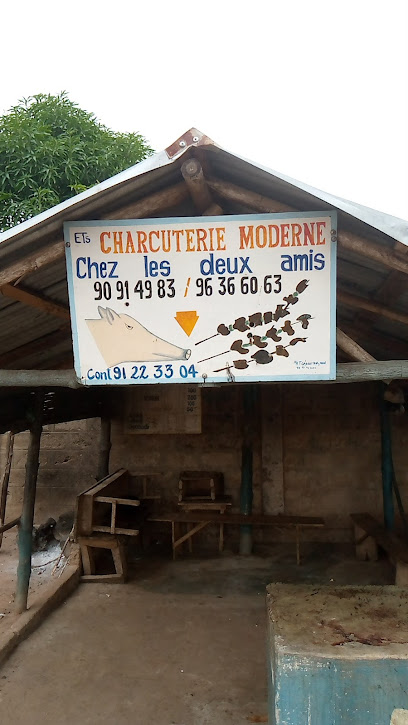
Essential bars & hidden hideouts
Bar Le REZO
Experience the lively ambiance of Bar Le REZO in Notse, where local flavors and vibrant nightlife come together for an unforgettable outing.
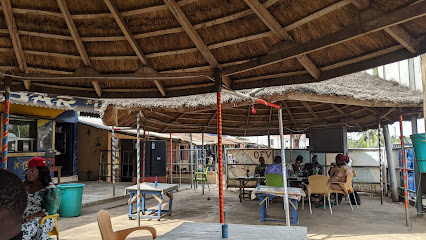
Maranatha Commissariat
Discover the flavors of Togo at Maranatha Commissariat, a top dining spot in Notse offering authentic local dishes in a welcoming atmosphere.
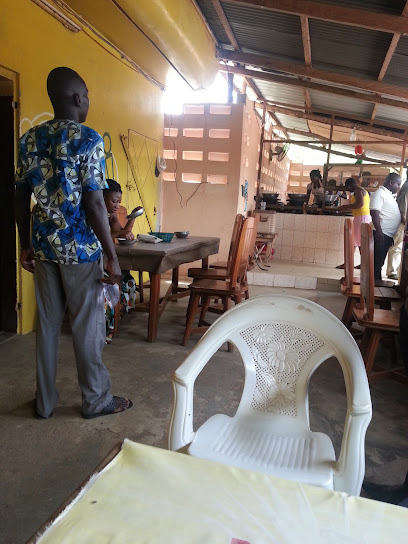
Peace Palace
Discover the vibrant atmosphere of the Peace Palace, a charming bar in Notse offering a delightful selection of drinks and a taste of local culture.
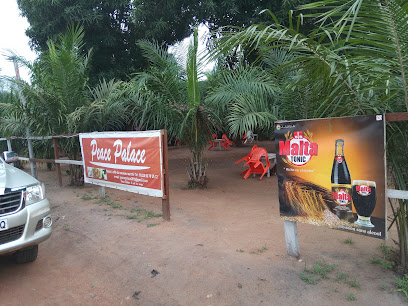
DEGUETERIE, BAR RESTAURANT ILENA
Experience the heart of Kpedome at Degueterie, Bar Restaurant Ilena, where local flavors meet international cuisine in a vibrant setting.
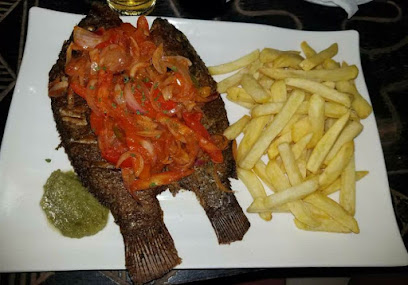
IVAN'S TERRASSE
Experience the vibrant atmosphere and local flavors at IVAN'S TERRASSE, the perfect bar to unwind in Notsé, Togo.
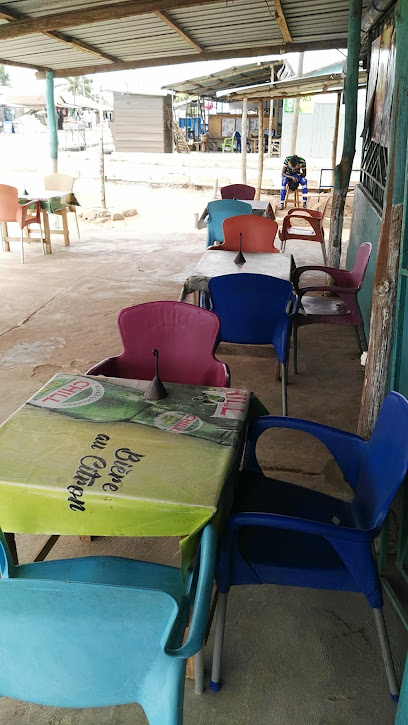
Bar Auberge Montecristo
Discover the vibrant atmosphere of Bar Auberge Montecristo in Agbélouvé, where local drinks and friendly faces await your visit.
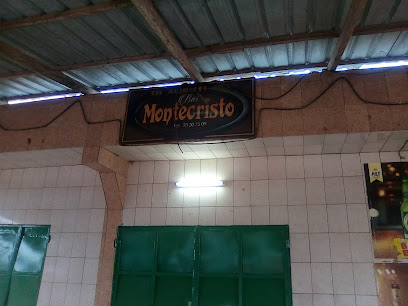
Bar Restaurant MARANATHA
Experience authentic Togolese flavors at Bar Restaurant MARANATHA in Notse, where culinary delights meet local culture in a cozy setting.
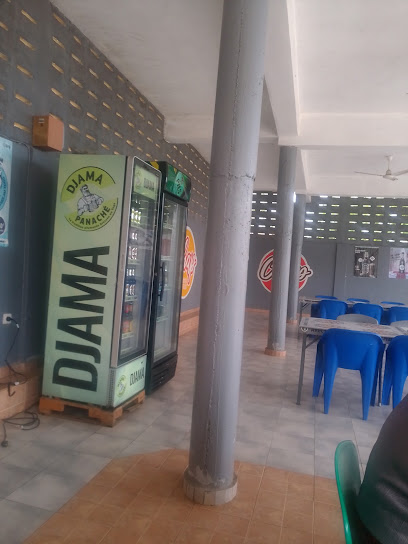
BAR YEYE
Discover BAR YEYE in N1, a cozy bar where tourists can relax with a refreshing drink and enjoy a friendly atmosphere.

Bar Nyinevi
Experience the vibrant culture of Blakpa at Bar Nyinevi, a lively bar offering local drinks and unforgettable nightlife.

Bar PAPA BONHEUR
Dive into the energetic culture of Notsé at Bar PAPA BONHEUR, where local flavors and a vibrant atmosphere await.
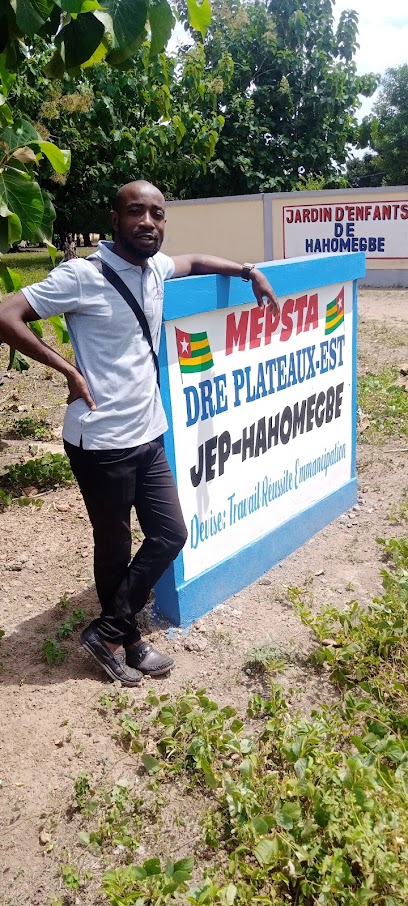
BAR NOSTALGIE
Experience the vibrant nightlife of Tabligbo at Bar Nostalgie—where local culture and delicious drinks come together.

Bar Tolerance
Experience the vibrant atmosphere of Bar Tolerance in Agbelouve, where refreshing drinks and local culture come together in perfect harmony.
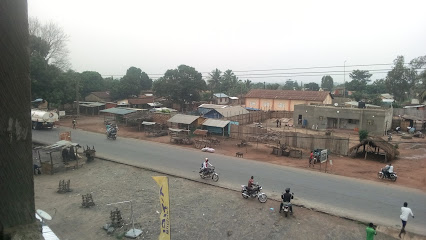
Bar-auberge Tchin-Tchin
Discover the heart of Togo at Bar-auberge Tchin-Tchin, a cozy inn in Notsé offering local cuisine and authentic hospitality.

OASIS LOUNGE
Discover the flavors of Togo at Oasis Lounge in Notsé, where authentic cuisine meets warm hospitality in a charming setting.

Local Phrases
-
- HelloAkpe
[ah-kpeh] - GoodbyeAde
[ah-deh] - YesEe
[ee] - NoAwo
[ah-woh] - Please/You're welcomeAkpe
[ah-kpeh] - Thank youAkpe
[ah-kpeh] - Excuse me/SorryKpala
[kpah-lah] - How are you?Afe? (informal)/ Afeke? (formal)
[ah-feh?/ah-feh-keh?] - Fine. And you?Mi ade. Ne ke?
[mee ah-deh. neh keh?] - Do you speak English?Ewe gake gbogbo?
[eh-weh gah-keh gbo-gbo?] - I don't understandMia me nuto
[myah meh noo-toh]
- HelloAkpe
-
- I'd like to see the menu, pleaseMe le menu, akpe
[meh leh menu, ah-kpeh] - I don't eat meatNya mia nye adokui
[nyah myah nyeh ah-doh-kwee] - Cheers!Afiem
[ah-fee-em] - I would like to pay, pleaseMe le xexe, akpe
[meh leh heh-heh, ah-kpeh]
- I'd like to see the menu, pleaseMe le menu, akpe
-
- Help!Eh!
[eh!] - Go away!Ji mia!
[jee myah!] - Call the Police!Kekeli le Polis!
[keh-keh-lee leh poh-lees!] - Call a doctor!Kekeli le dokotor!
[keh-keh-lee leh doh-koh-tohr!] - I'm lostMia me dzima
[myah meh jee-mah] - I'm illMia me dzo
[myah meh dzoh]
- Help!Eh!
-
- I'd like to buy...Me le xexe...
[meh leh heh-heh...] - I'm just lookingMia me dzima
[myah meh jee-mah] - How much is it?Xexe ne ke?
[heh-heh neh keh?] - That's too expensiveHegbe nyu
[heh-gbeh nyoo] - Can you lower the price?Woa nu nukpoe?
[woh-ah noo noo-kpo-eh?]
- I'd like to buy...Me le xexe...
-
- What time is it?Xexewo ne ke?
[heh-heh-woh neh keh?] - It's one o'clockLe xexewo le...
[leh heh-heh-woh leh...] - Half past (10)Zi abe (10)
[zee ah-beh (10)] - MorningAlo
[ah-loh] - AfternoonAgbe
[ah-gbeh] - EveningDzo
[dzoh] - YesterdayKle
[kleh] - TodayAfe
[ah-feh] - TomorrowXexewo
[heh-heh-woh] - 1Yi
[yee] - 2Eva
[eh-vah] - 3Eto
[eh-toh] - 4Ene
[eh-neh] - 5Eka
[eh-kah] - 6Evio
[eh-vee-oh] - 7Ega
[eh-gah] - 8Eyo
[eh-yoh] - 9Ekesia
[eh-keh-syah] - 10Blia
[blee-ah]
- What time is it?Xexewo ne ke?
-
- Where's a/the...?Xexewo nu...
[heh-heh-woh noo...] - What's the address?Adidiwo nye ke?
[ah-dee-dee-woh nyeh keh?] - Can you show me (on the map)?Woa nu mia (le map)?
[woh-ah noo myah (leh map)?] - When's the next (bus)?Xexewo nye ke (tro-tro)?
[heh-heh-woh nyeh keh (troh-troh)?] - A ticket (to ....)Akpaki (wo ....)
[ah-kpah-kee (woh ....)]
- Where's a/the...?Xexewo nu...
History of Notse
-
Notse, located in the Plateaux Region of Togo, was historically established as a significant center by the Ewe people. According to oral traditions, the city was founded in the 17th century by King Agorkoli, who led his people from Notsie in present-day Ghana to escape the oppressive rule of the Ashanti Empire.
-
One of the most remarkable features of Notse is the ancient wall constructed by King Agorkoli. Known as 'Agbodrafo', this wall was built to protect the Ewe people from external threats. Made of clay and fortified with palm trees and other natural materials, remnants of the wall still stand today, serving as a testament to the ingenuity and resilience of the Ewe ancestors.
-
In the late 19th century, Notse, like the rest of Togo, came under German colonial rule. The Germans were interested in exploiting the region's agricultural potential and established various plantations. The influence of German architecture and urban planning can still be seen in some of Notse's older buildings and infrastructure.
-
During the mid-20th century, Notse played a crucial role in the struggle for Togolese independence. It was a hub for political activism and gatherings that galvanized the local population against colonial rule. Notse's leaders and intellectuals contributed significantly to the discourse on self-governance and national identity.
-
Notse is rich in cultural heritage, with traditional Ewe music, dance, and festivals playing an integral role in the community. The annual Hogbetsotso Festival is particularly significant, celebrating the migration of the Ewe people and their settlement in Notse. This vibrant festival features traditional drumming, dancing, and storytelling, offering a deep dive into the cultural fabric of the city.
-
Today, Notse is a blend of historical legacy and modern development. The city is known for its agricultural produce, particularly yams and maize, which are celebrated during local harvest festivals. Efforts to preserve the historical sites and promote cultural tourism are ongoing, with initiatives aimed at highlighting Notse's unique historical and cultural significance.
Notse Essentials
-
Notse is located in the Plateaux Region of Togo. The nearest major city is Lomé, which is approximately 100 kilometers away. The best way to reach Notse is by road. From Lomé, you can take a bus or hire a private taxi. The journey typically takes around 2 to 3 hours depending on traffic conditions. Public buses depart regularly from Lomé's central bus station and are a budget-friendly option.
-
Once in Notse, getting around is relatively straightforward. Taxis are a common mode of transport and are readily available. You can also hire moto-taxis for shorter distances. If you prefer, you can rent a car, but be aware that road conditions can vary. Walking is another viable option for exploring the town, as many attractions are within walking distance of each other.
-
The official currency in Togo is the West African CFA franc (XOF). Credit cards are not widely accepted in Notse, so it is advisable to carry cash. There are a few ATMs in town, but it is recommended to withdraw sufficient cash in Lomé before traveling. Make sure to have smaller denominations as larger notes can be difficult to break.
-
Notse is generally a safe destination, but it is always wise to take standard precautions. Avoid walking alone at night and be cautious in crowded places. Petty theft can occur, so keep an eye on your belongings. There are no specific high-crime areas targeting tourists, but always stay vigilant and aware of your surroundings.
-
In case of an emergency, dial 117 for police assistance or 118 for medical emergencies. The local hospital in Notse can handle most medical issues, but for severe cases, it might be necessary to travel to Lomé. It is highly recommended to have travel insurance that covers medical emergencies. Pharmacies are available in town for minor health concerns and over-the-counter medications.
-
Fashion: Do dress modestly, especially when visiting religious sites or local villages. Avoid wearing revealing clothing. Religion: Do respect local customs and traditions. Remove your shoes when entering a place of worship. Public Transport: Do be polite and patient. Don't eat or drink on public transport. Greetings: Do greet people with a handshake and a smile. It is polite to ask about someone's well-being. Eating & Drinking: Do try local dishes and accept food offerings graciously. Don't refuse hospitality, as it is considered impolite.
-
To experience Notse like a local, visit the bustling town market where you can find fresh produce and traditional crafts. Engage with the locals; they are friendly and often willing to share stories about their culture and history. Don't miss the opportunity to explore the nearby Notse Wall, an ancient fortification with historical significance. For a unique experience, attend a traditional Ewe dance performance, which provides a deep insight into the local culture.
Nearby Cities to Notse
-
Things To Do in Kpalimé
-
Things To Do in Atakpamé
-
Things To Do in Lokossa
-
Things To Do in Ho
-
Things To Do in Lomé
-
Things To Do in Aneho
-
Things To Do in Ouidah
-
Things To Do in Cotonou
-
Things To Do in Porto-Novo
-
Things To Do in Koforidua
-
Things To Do in Accra
-
Things To Do in Abeokuta
-
Things To Do in Lagos
-
Things To Do in Kumasi
-
Things To Do in Ibadan





